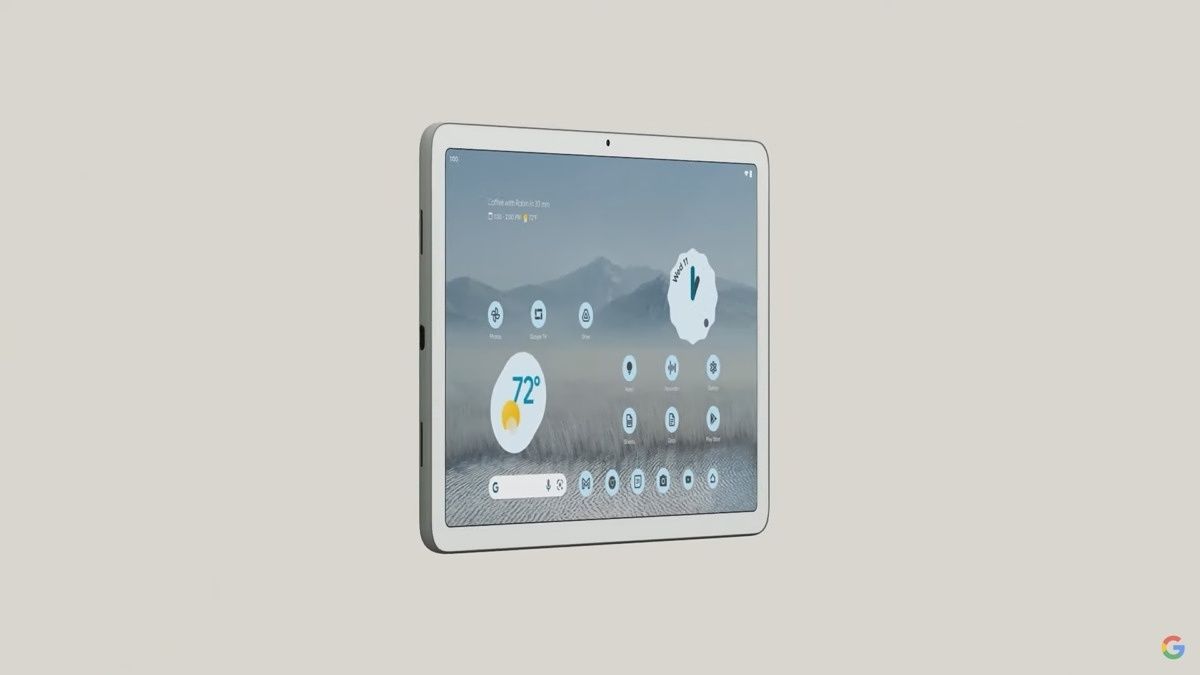While Apple switched to 64-bit-only support with iOS 11 in 2017, Android still supports legacy 32-bit applications. However, Google is in the process of switching to 64-bit-only support, and last year's Android 12 was the first version of the OS to support 64-bit-only builds. While the company did not make the switch with the recently released Android 13, it is reportedly working on a 64-bit-only version of the OS for the upcoming Pixel Tablet.
According to Mishaal Rahman, Google is currently testing a 64-bit-only build of Android 13 for a device codenamed 'Tangor.' For the unaware, that codename refers to the upcoming Pixel Tablet, which the company showcased during its I/O keynote earlier this year. If the Pixel Tablet launches with a 64-bit-only version of Android 13, it will be among the first Android devices to drop 32-bit support.
Dropping 32-bit support on the Pixel Tablet will likely reduce RAM usage, but the tablet won't be able to run 32-bit applications. But that shouldn't be a problem for most users, as all recently updated apps on the Google Play Store offer 64-bit support due to the mandate Google put in place in 2019.
Given that ARM plans to drop support for 32-bit applications from future mobile CPUs, it's high time Android switched to 64-bit-only support. The 64-bit-only build of Android 13 for the Pixel Tablet could be a starting point for the transition, but we'll probably have to wait a while to see how things pan out. Since Google hasn't issued an official statement on the matter, we can't be sure if the 64-bit-only build of Android 13 will see the light of day. Google could use it only for internal testing or scrap it entirely.

